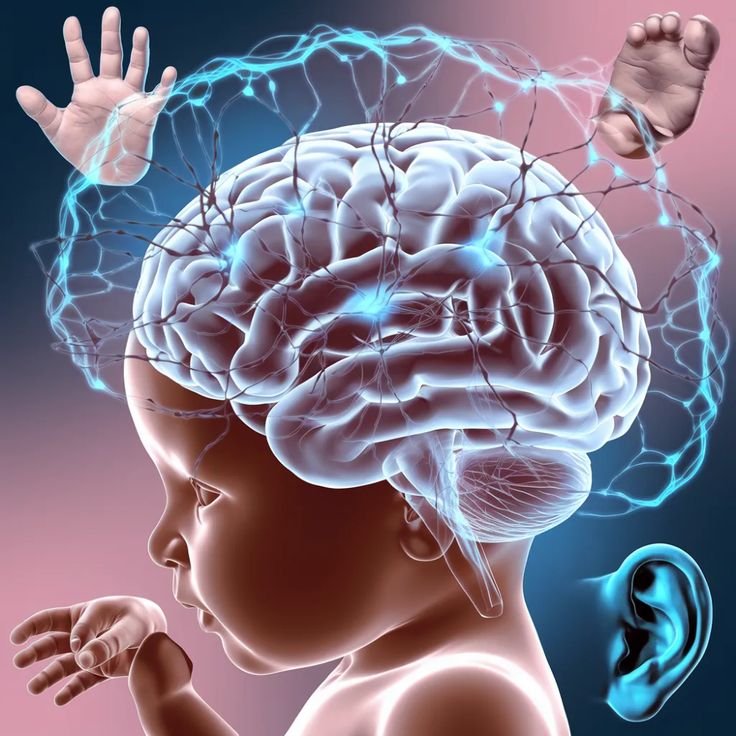
Child's Brain Development
Child brain development is a rapid and crucial process, with 90% of brain growth completed by age 5. This period is characterized by the formation of neural connections (synapses) at an astounding rate – over one million new connections per second. Experiences, both positive and negative, play a significant role in shaping brain development, influencing a child's future learning, behavior, and overall well-being
-
-
Lesson 1: how baby's brain develop ?
Introduce your lesson with an optional, short summary. You can edit this excerpt in lesson settings.
Introduce your lesson with an optional, short summary. You can edit this excerpt in lesson settings.
-
Lesson 2: brain stimulation with primitive reflexes
Introduce your lesson with an optional, short summary. You can edit this excerpt in lesson settings.
Introduce your lesson with an optional, short summary. You can edit this excerpt in lesson settings.
-
-
-
-
Lesson Motoric System
Introduce your lesson with an optional, short summary. You can edit this excerpt in lesson settings.
Introduce your lesson with an optional, short summary. You can edit this excerpt in lesson settings.
-
Lesson 2: how a child's brain develops through early experiences
Introduce your lesson with an optional, short summary. You can edit this excerpt in lesson settings.
Introduce your lesson with an optional, short summary. You can edit this excerpt in lesson settings.
-
MAKE IT STAND OUT
Brain development by age 5
IBy age 5, a child's brain is approximately 90% developed. This rapid development during the first five years is crucial for establishing the foundations for learning, communication, and overall development throughout life. Significant brain growth and the formation of neural connections (synapses) occur during this period, with over one million new connections forming every second.
